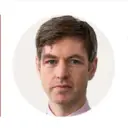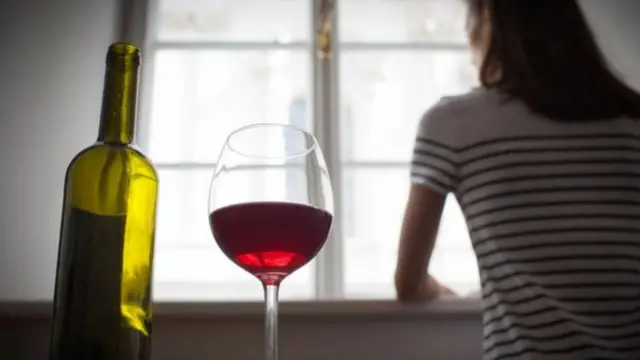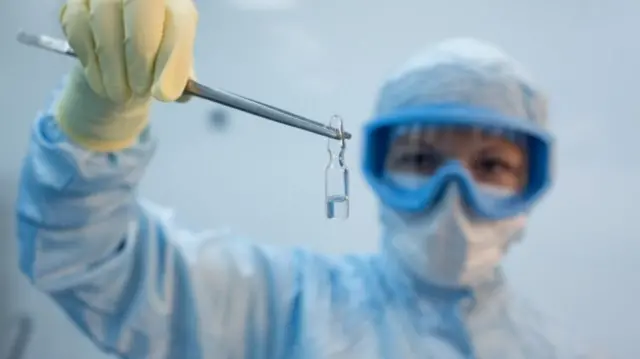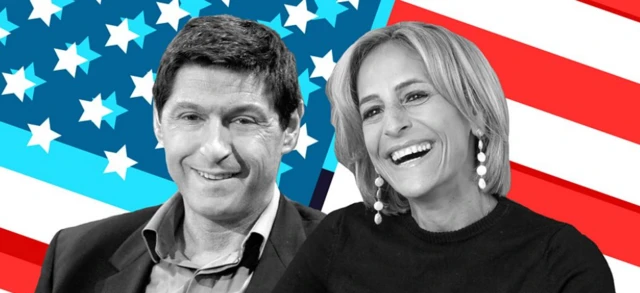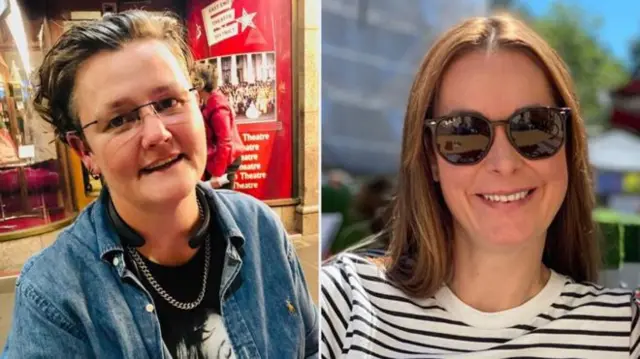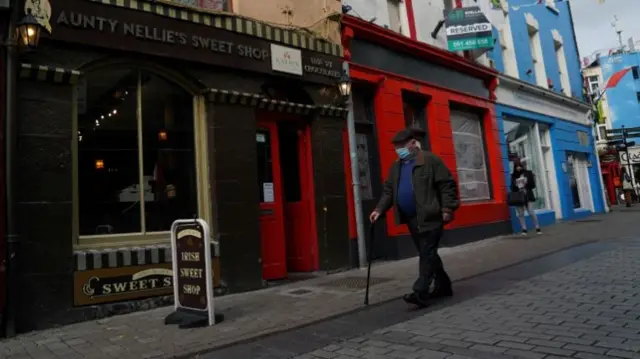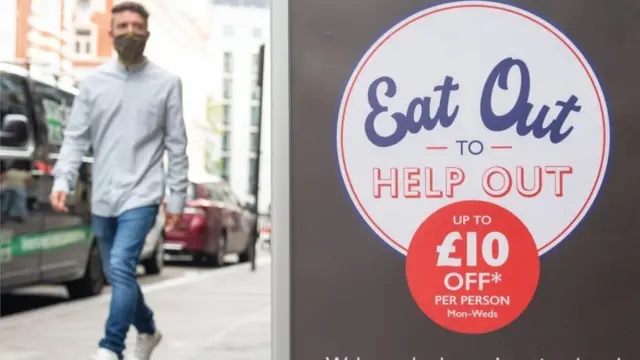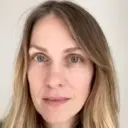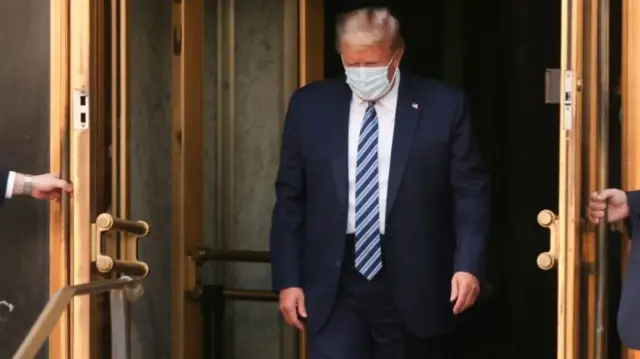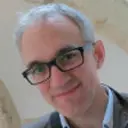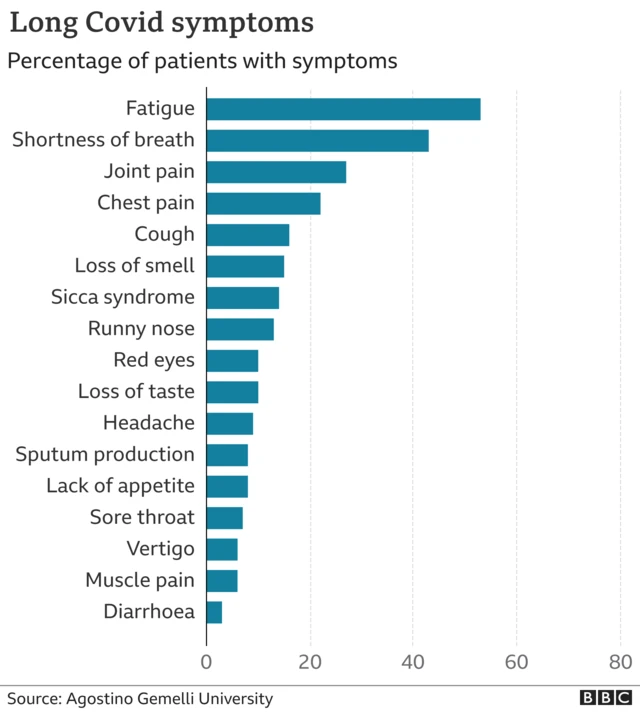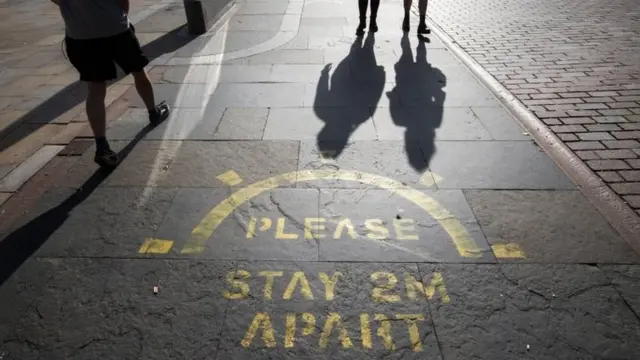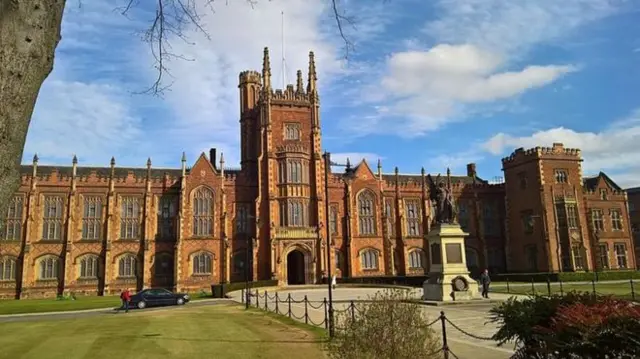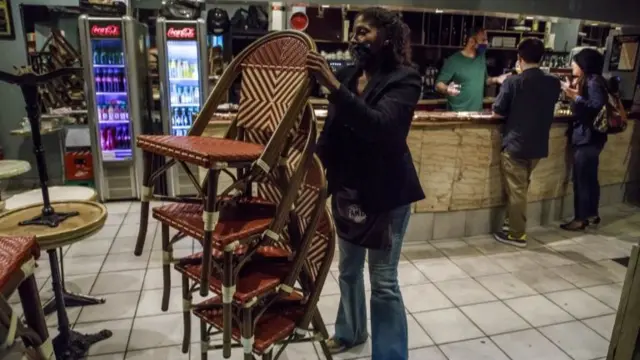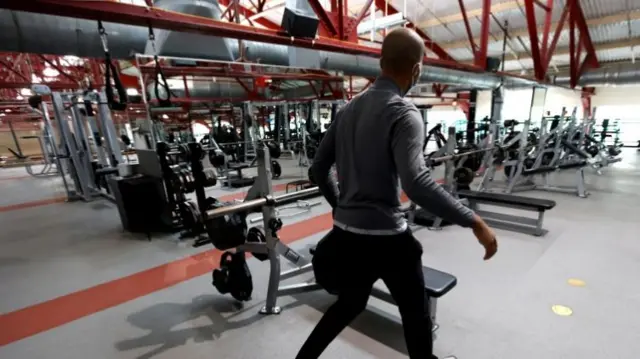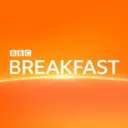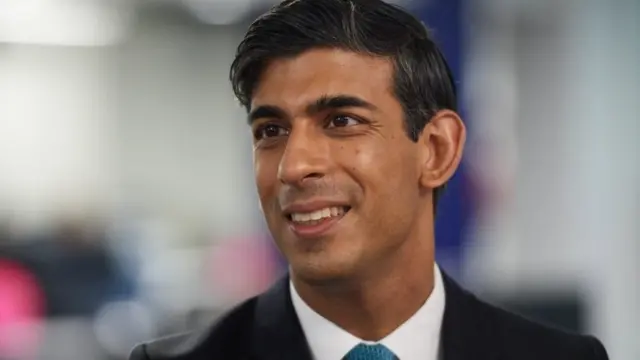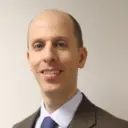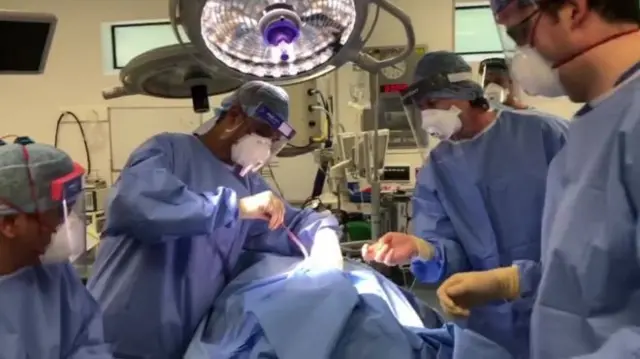UK PM: We are working night and day to repel viruspublished at 11:46 BST 6 October 2020
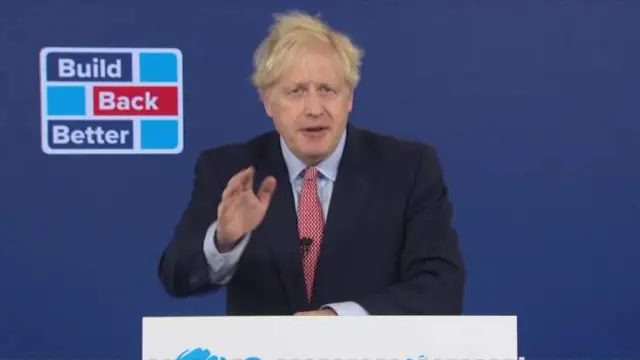
UK Prime Minister Boris Johnson is making his Conservative Party conference speech - where he says the UK needs to "build back better".
The conference is being held online because of coronavirus.
He begins by saying his government is "working night and day to repel this virus" and he says "we will succeed".
Johnson says any criticism that his own bout of Covid-19 had "stolen his mojo" was "self-evident drivel".
"I can refute these critics of my athletic abilities in any way," he says.
"The reason I had such a nasty experience was… I had a very common underlying condition. My friends, I was too fat."
He says he has since lost weight.
